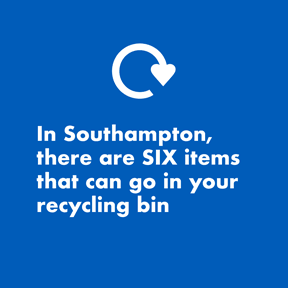Start the new year by taking control of your finances

Start the new year by taking control of your finances
The experts from our Welfare Rights and Money Advice team share their recommendations on how to get financially fit by managing your money and climbing out of debt.
Face up to the situation
Money worries can feel overwhelming and whilst it’s tempting to bury your head in the sand and hope your unopened bills will miraculously go away, they won’t. The reality is that debt can quickly spiral out of control and affect other areas of your life including your relationships, health, and wellbeing. But there is help and support available to you to take steps to tackle your debt and improve your financial situation.
Maximise your income
When you are struggling to make ends meet every penny counts, so it’s important to check you are receiving all the benefits you are entitled to, especially if your income has changed. Millions of pounds of benefit payments go unclaimed each year so make sure you are not missing out on much needed cash by checking Turn2Us.
Ann, a tenant from Peartree, is just one of many local residents who have received extra financial help after talking with our Welfare Rights and Advice team. The team helped her to apply for benefits including Pension Credit, which also unlocks additional support including the Winter Fuel Payment, help with Council Tax, NHS dental care, and a free TV licence for those over 75. Ann even received a £5,000 back payment.
Check out the full story in our next issue and get in touch or contact Citizens Advice to see if you are also missing out on money you are entitled to.
Work out a budget
Knowing how much you have to spend each month will help you avoid sinking further in debt or getting caught out by unexpected costs.
To make a budget you need to write down your income, such as salary, pension, or benefit payments. Then list all your outgoings such as rent, utility bills, groceries, petrol and so on. Don’t forget to include things like kids clubs, leisure activities, clothes, subscriptions, birthday presents, and so on. Allocate some money for savings.
Take a look back at last year’s bank statements to get a picture of where your money went. You can use an online budget planner or download the personal budget sheet to help track your money in and out to work out what you can afford and where you need to economise.
Cut your spending
Reducing your outgoings will help stop your debt increasing. Once you have allocated money for priority bills like rent and utilities, you could try a hands-on approach and put aside a certain amount of cash for groceries or entertainment. Putting the cash into labelled envelopes can help you stick to your budget as you’ll be able to see how much you have left each week or month and know that when it’s gone there is no more to spend.
Take a look at all your outgoings and see where you can make instant savings, for example, cancel subscriptions you no longer need and shop around for better deals on mobile phone, WiFi, broadband, and energy tariffs.
Talk to suppliers who you owe money to
If you’re struggling to pay utility bills like water, gas, electric, and Council Tax, it’s best to talk to your provider as soon as possible to find out about support available to you. If you are a low income household you may be eligible for an immediate discount, help to repay your debt or financial help, such as a discretionary payment, or Council Tax Support.
Help is available
Find lots more useful cost of living advice or contact our friendly Welfare Rights and Money Advice team to discuss debt and money worries by:
- Email: welfarerights.advice@southampton.gov.uk
- Phone: 023 8083 2339


